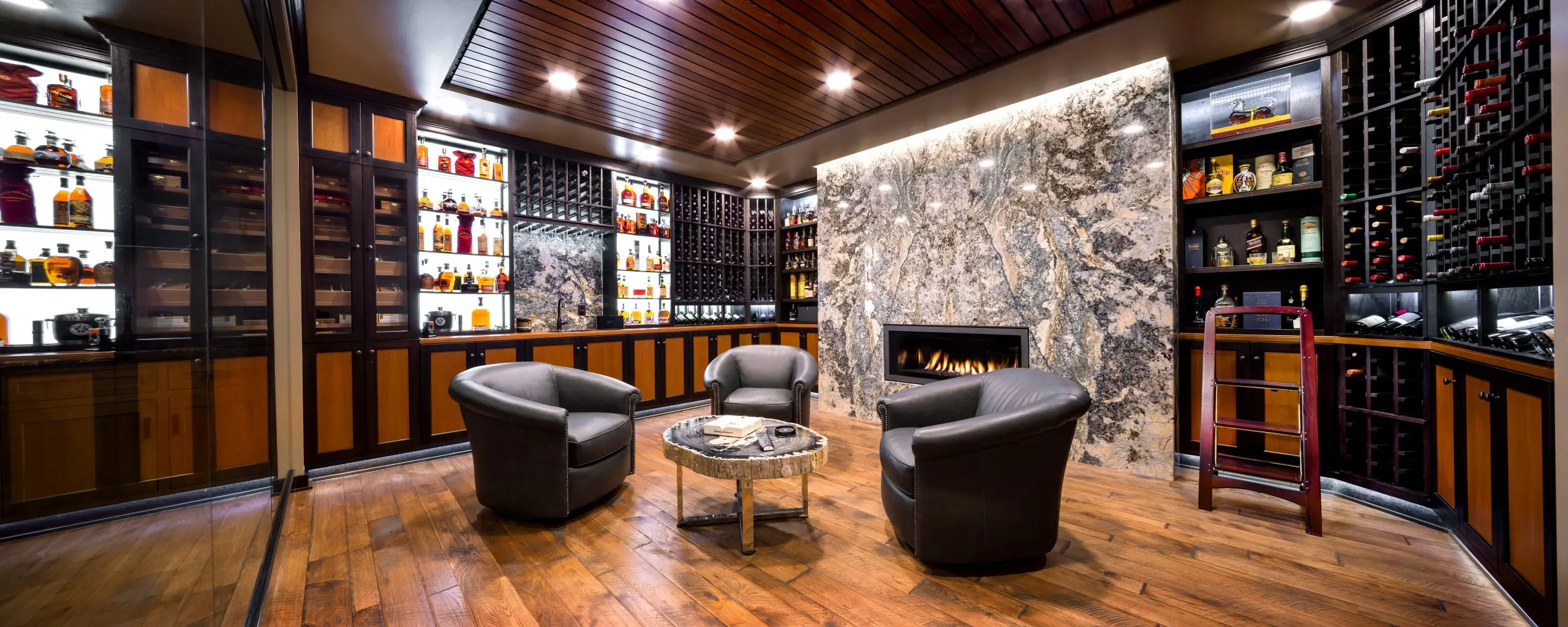
Why can’t I use a regular home air conditioner in my wine cellar?
We'd like you to know more about Vigilant as a company. Here are answers to some of the questions we're commonly asked. If you would like more information, call us on 888-812-4427, email us at: [email protected] or submit your question or feedback on our support form and we'll be happy to answer your questions.
Why can’t I use a regular home air conditioner in my wine cellar?
A regular home air conditioner is not suitable for use as a wine cellar cooling system. It is not capable of cooling down to 55°F and will also remove valuable humidity from your wine cellar. A proper wine cellar cooling system is designed to cool to 55°F without removing much of the natural humidity in the wine cellar.
If I have concrete walls, do I need to vapor seal and insulate the walls?
Yes! It is a common misconception that a concrete wall will provide enough insulation for a cold wine cellar. Concrete is actually a very poor insulator (a 12″ block has an R-value of only 1.28) and is very porous, so is not a good vapor barrier either. Therefore, a complete build out with a vapor barrier and insulation is required when concrete walls are present and you plan on actively cooling your cellar.
Can some insulations act as the vapor barrier also?
Some forms of the blown-in insulation available today can also act as the vapor barrier for your wine cellar. Be sure to discuss this with the installer prior to installation.
What happens if I do not build out the room properly?
If the room is not properly prepared for the cooling system, the system will not operate efficiently and condensation may build up in the walls or ceiling, where the cold air meets the warm wall. This will waste energy and likely cause water damage to your home.
What do I need to do to prepare my space for active conditioning?
The most important component in a wine cellar is the wine cellar cooling system. However, there are steps that need to be taken with regards to the preparation of the room before a cooling unit can be installed. View our How To Build a Wine Cellar webpage for the main wine cellar construction considerations and recommendations.
Do I need to install a cooling unit in my wine cellar?
If you are planning on long-term wine storage, a wine cellar cooling unit is recommended. Without an active method of controlling the temperature and humidity levels in the wine cellar, you are unlikely to achieve a consistent temperature of 55°F and relative humidity of 60 to 65.
What is the ideal climate for long-term wine storage?
The ideal temperature for long-term wine storage is generally 55°F. This allows for slow and proper aging of the wine. A temperature that is too hot will increase the speed of aging and a temperature too low will slow the pace of aging. However, rapid changes in temperature are more damaging to your wine than a steady high or low temperature in the cellar. The proper humidity level has been determined to be 60 to 65 percent relative humidity. A humidity level any higher (at a temperature of 55°F) will be too humid and cause mold issues and deterioration of labels. A humidity level that is too low will result in a dry cork, which allows the opportunity for oxygen to reach your wine and cause oxidation.
